- Undergraduate
Bachelor's Degrees
Bachelor of ArtsBachelor of EngineeringDual-Degree ProgramUndergraduate AdmissionsUndergraduate Experience
- Graduate
Graduate Experience
- Research
- Entrepreneurship
- Community
- About
-
Search

Dartmouth Engineering Student Team Is Collegiate Inventors Competition Finalist
PhD Innovation Program Fellow Peter Bertone and PhD candidate Levi Olevsky are graduate student category finalists in this year's competition for "GyroGel," a customizable scaffold implant for bone regeneration.
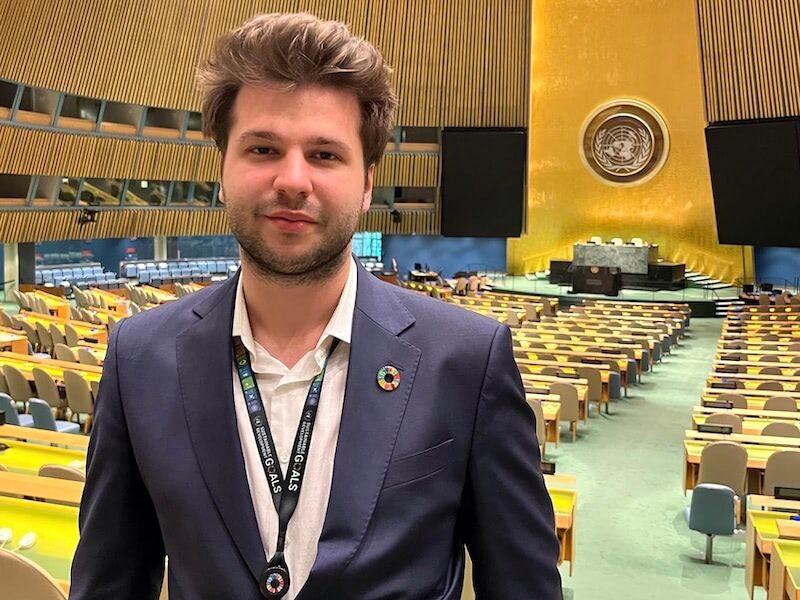
Dartmouth Undergraduate Designs Platform to Minimize Climate Stress and Anxiety
Engineering major Ceyhun "Jay" Olcan '27 created a platform and founded "XClimate" to improve people's physical and mental health by combining AI, environmental data, and community engagement.

Geisel's $12 Million NIH COBRE Grant to Help Train Junior Faculty in Implementation Science
Dartmouth Engineering professor Elizabeth Murnane is among a group of early-stage investigators to be trained and mentored in implementation science.

3D Neural Probes Open New Frontiers in Brain Science and Therapy
A Dartmouth-led study demonstrates a method to achieve three-dimensional interfacing, solving the long-running "dimensional mismatch" between typical two-dimensional probes and the brain's 3D neural circuits.
Doctoral Degrees
Master's Degrees
Bachelor's Degrees
Research Quick Takes
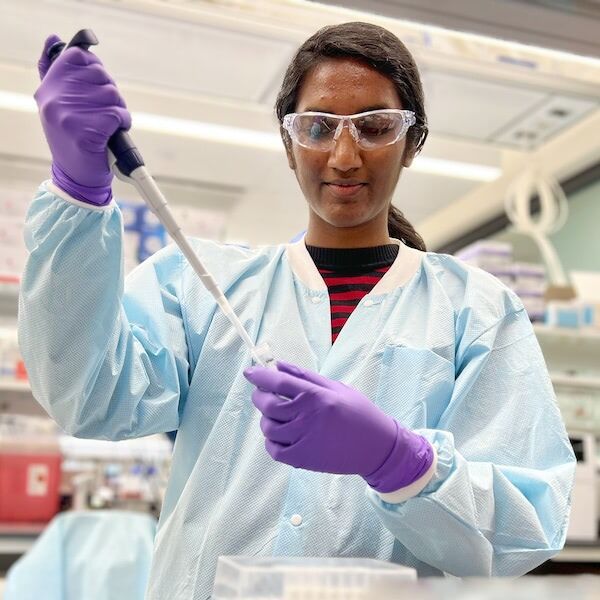
Oct 02, 2025
Biology of Human Milk
Goods Lab PhD student Laasya Devi Annepureddy is co-lead author of "Integrated ‘omics analysis reveals human milk oligosaccharide biosynthesis programs in human lactocytes" published in iScience. The study reveals pathways for how breastmilk cells produce sugars that are critical to infant health and development, and paves the way for being able to add them to formula or as a supplement to certain foods. "Being part of this project has been incredibly rewarding," said Annepureddy. "Our findings bring us one step closer to understanding the remarkable biology of human milk, and I’m grateful to the outstanding team whose collaboration made this work possible."
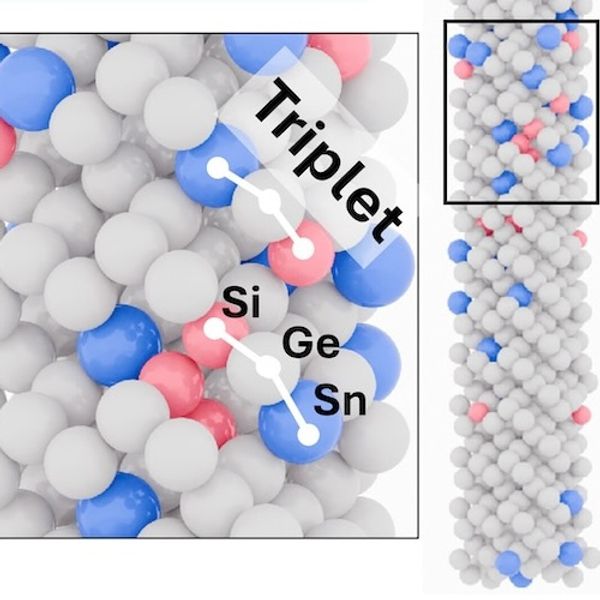
Oct 02, 2025
Atomic Neighborhoods in Semiconductors
Professor Jifeng Liu is coauthor of "Identification of short-range ordering [SRO] motifs in semiconductors" published in Science. Using electron microscopy and machine learning models, the study confirmed the presence of semiconductor SRO—where atoms form mini configurations or "neighborhoods" within the material. The concept of SRO has lacked experimental evidence, and this confirmation opens up new possibilities for controlling the properties of semiconductors. "My lab was the first to identify the samples that revealed signs of atomic ordering, and I initiated and promoted the idea that engineering atomic neighborhoods in semiconductors offers a new degree of freedom for controlling their electrical and optical properties," said Liu.
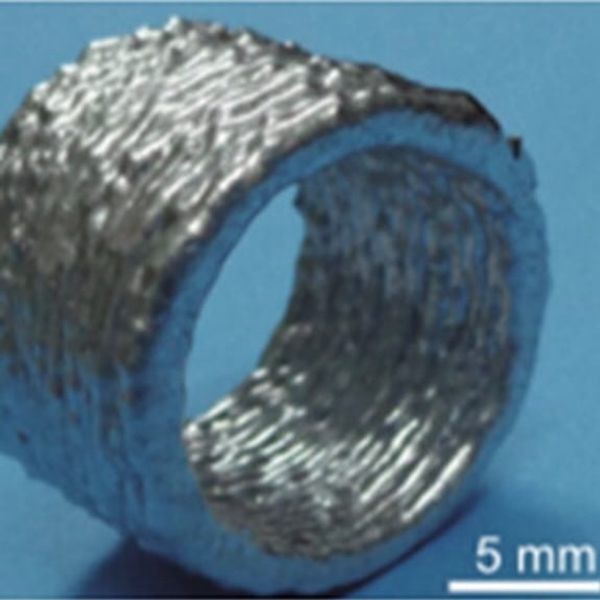
Sep 25, 2025
Applications of Liquid Metal Materials
Saifur Rahman Th'25 and Professor Will Scheideler coauthored "Liquid Metals in Radio Frequency Applications: A Review of Physics, Manufacturing, and Emerging Technologies" published in Advanced Electronic Materials. "Liquid metal materials are transforming soft and stretchable radio frequency devices by enabling highly-conductive, mechanically-adaptable components that can conform to wearable and bio-integrated applications," said Scheideler. "This work highlights the physics of energy loss in liquid metal systems, innovative fabrication techniques, and diverse applications."
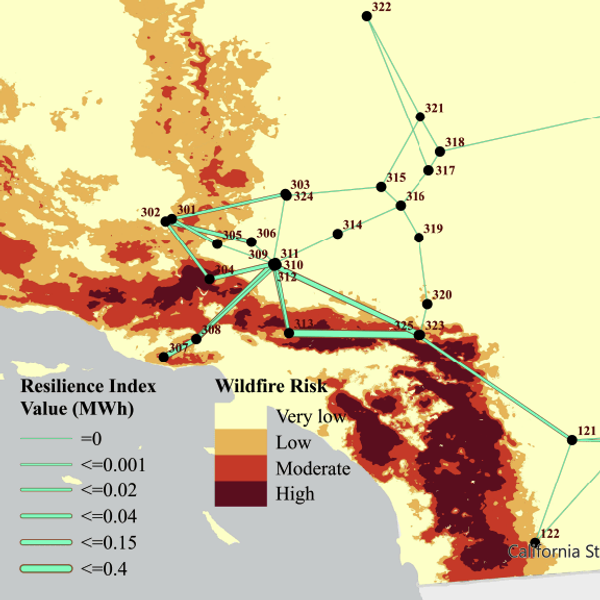
Sep 18, 2025
Protecting the Grid from Wildfire
PhD student Soroush Vahedi and Professor Junbo Zhao are lead authors of "Probabilistic Resilience-Oriented Assessment Approach for Transmission Networks under Wildfires" published in IEEE Transactions on Power Systems. Their approach provides critical insights for identifying system vulnerabilities and developing robust strategies to protect transmission networks from wildfires.

